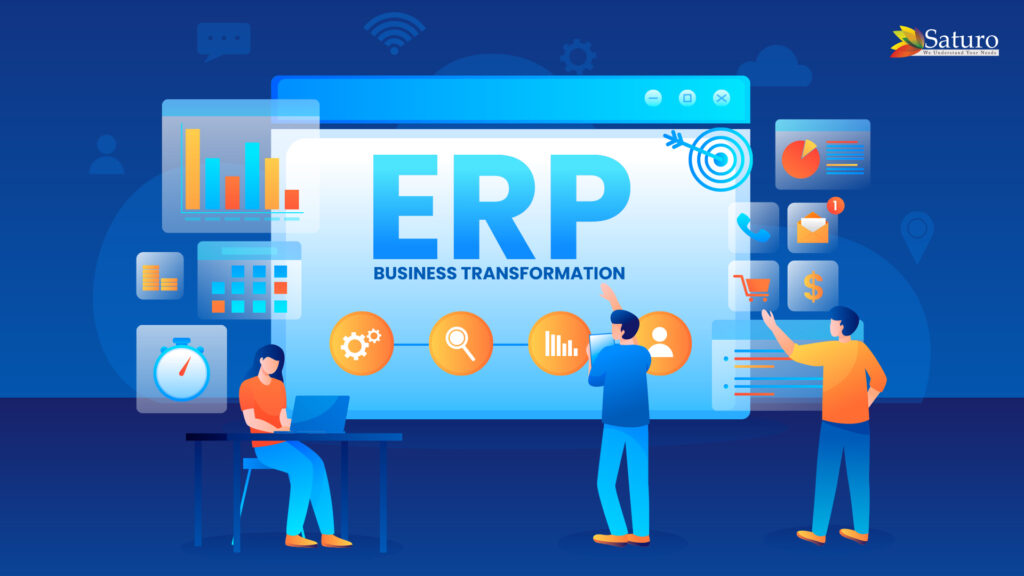
The pressure for change is increasing every year and the ERP Business Transformation project is no exception. Not only is it challenging, but it can also take months to plan and years to implement. Choosing the right tools and methods to complete your project is the first step toward success.
Here are some tips to make the process smoother and more successful. Investing in the right tools and methods will ensure a seamless ERP Business Transformation. To begin, you must understand how to select the best software and services for your business.
In selecting an ERP system, make sure that you’ll be using a highly scalable solution. Furthermore, make sure that your workforce is trained in the new system. Without this, you’ll end up with an untrained workforce that’s just as effective as non-users. Ultimately, a company’s digital maturity is determined by how well it integrates modern technologies. A good ERP solution can improve your business agility, reduce your IT costs, and improve your overall business performance.
During the ERP Business Transformation process, it’s important to remember that it’s a long process. In addition, it’s important to consider organizational changes that will help the transition go smoothly. Communication and workshops will be crucial in achieving a smooth transition. As part of ERP Business Transformation, you’ll want to use key strategic technologies such as cloud-based ERP and big data analytics. It’s critical to ensure that everyone understands the changes that will take place.
The implementation of an ERP will require executive buy-in and comprehensive change management initiatives for employees. It’s important to remember that ERP transformation projects will disrupt your day-to-day operations, and it will take a long time to complete. It should take at least 10 to 18 months to complete. If your ERP business transformation isn’t ready to go live overnight, you should consider outsourcing your project. There’s no better way to make the transition than through SAP Advisory Services.
ERP business transformation is a process that involves multiple stakeholders and a long period of time. It’s important to remember that a successful ERP implementation requires a well-designed plan and a strong implementation process. A business that wants a successful ERP implementation should focus on all three of these factors. Most businesses should also make an informed decision on which method is best for their specific needs. Once you’ve decided which option is right for your organization, it’s time to start planning and implementing the software.
In a phased deployment, ERP will be implemented as individual modules, and functional groups can be updated individually. The process will allow you to adjust to the new system and the changes. You can also scale the implementation by location or site. By choosing a phased rollout, you’ll minimize the risk of disruption. This will give you time to train employees and learn from each launch. If you’re implementing an ERP Business Transformation project, you’ll be able to scale it over time and avoid unforeseen complications.
To Know more about Oracle NetSuite Cloud ERP, feel free to reach us on:
Website: https://www.saturotech.com
Email ID: marketing@saturotech.com
YouTube: https://www.youtube.com/channel/UC69yIWnRwPV04KydM64sXTw/videos